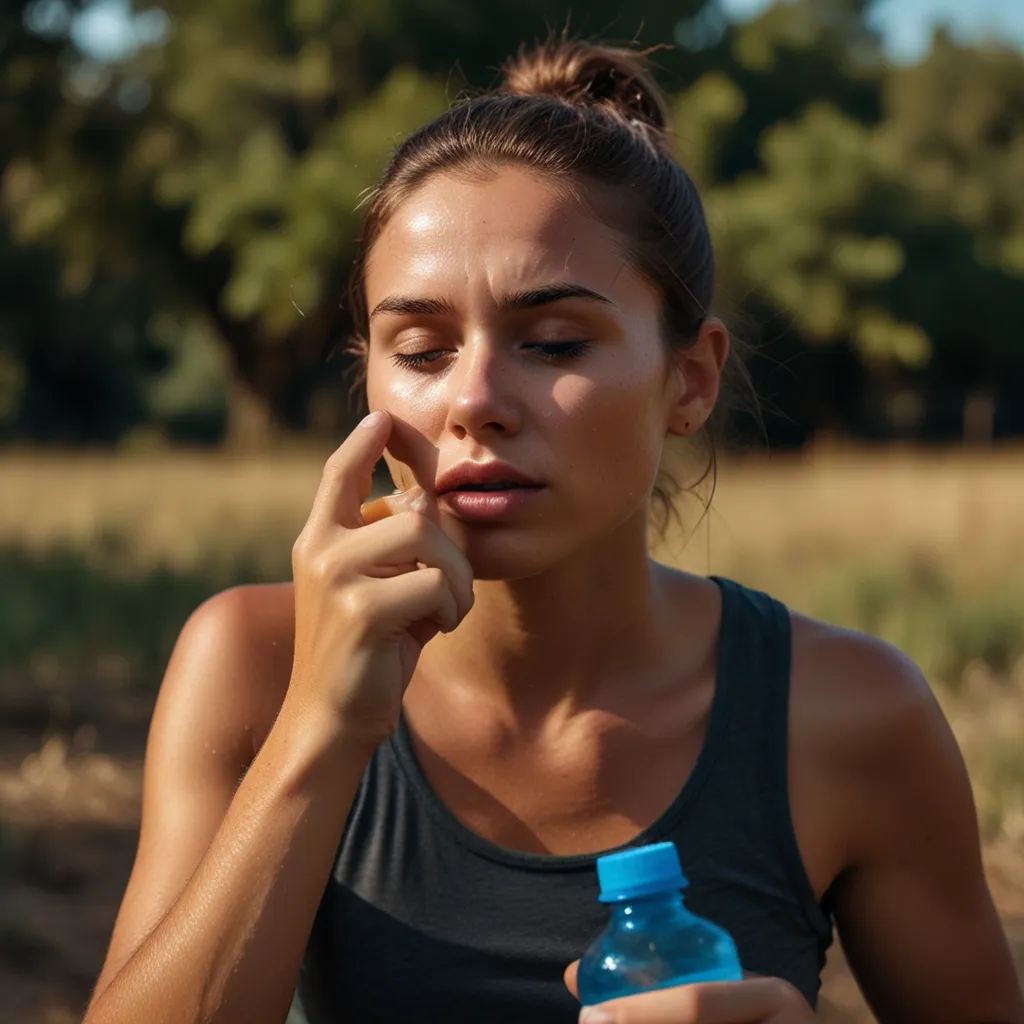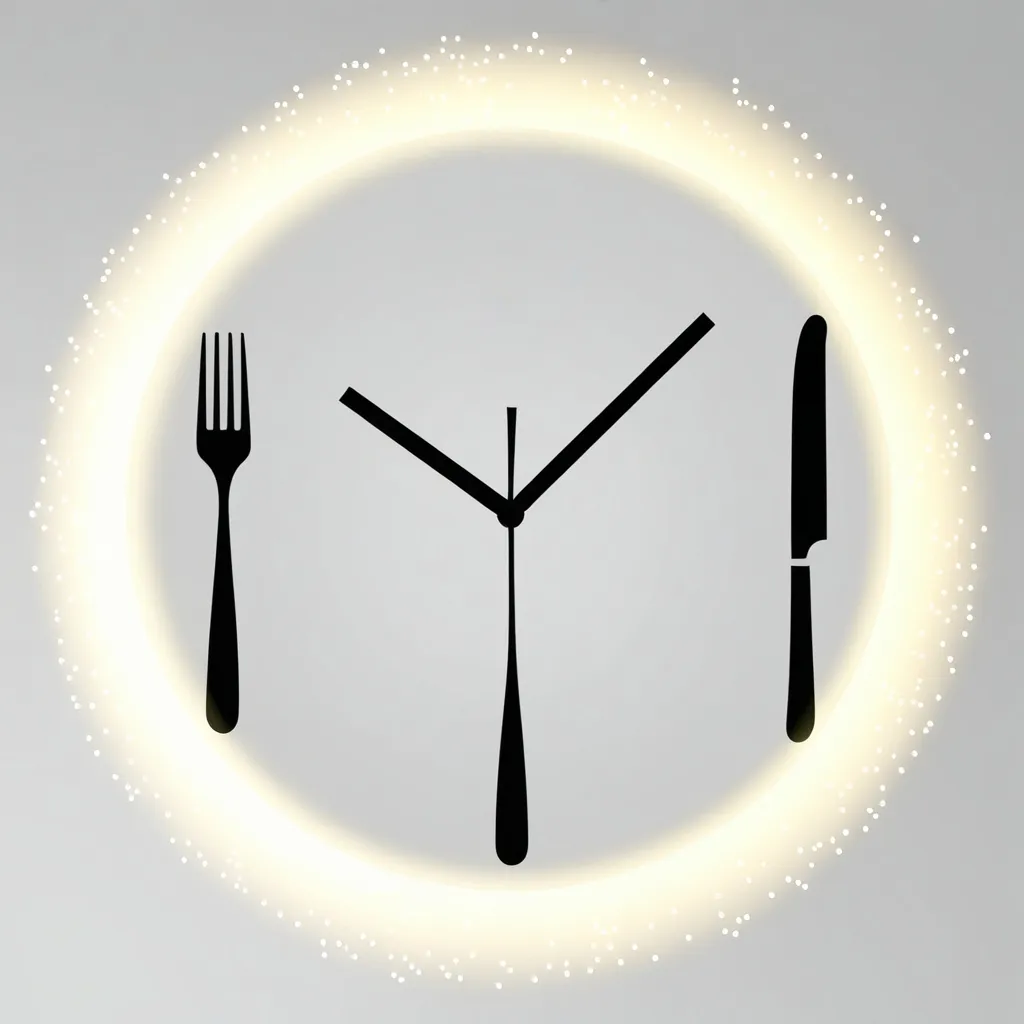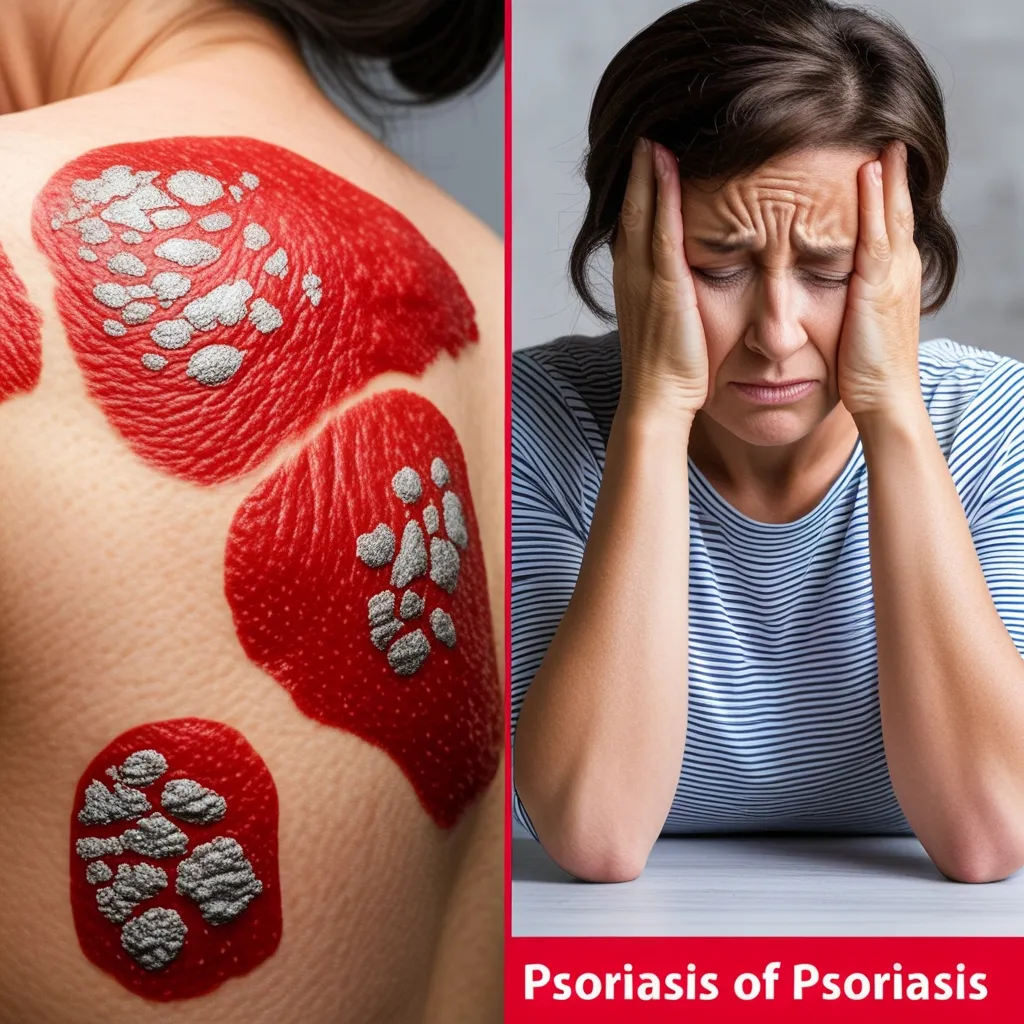Dehydration hits when your body loses more fluids than it takes in. It can happen for lots of reasons like not drinking enough water, sweating a ton, or having a fever. Knowing the signs of dehydration is super important because if you ignore them, it could lead to big health problems.
First off, feeling thirsty is the easiest sign to spot. Your body basically screams for water by making you feel parched.
Another tell-tale sign is a dry mouth. Less saliva production from dehydration will leave your mouth feeling sticky and uncomfortable.
Ever feel tired for no reason? Fatigue could be dehydration. Your body needs water to work right, and without it, you might feel sluggish.
Headaches can also be a sign. Lack of fluids can make your brain contract temporarily, causing that nagging pain in your head.
Take a look at your pee. Dark yellow or amber urine? That’s a big hint you’re not drinking enough water. Healthy urine should be pale yellow or clear.
Feeling dizzy when you stand? That can happen because your blood pressure drops when you’re low on fluids.
A rapid heartbeat might sneak up on you when you’re dehydrated. Your heart tries to pump blood harder, which speeds up your pulse.
Dropping blood pressure is another red flag. This might make you feel faint, especially when you stand up quickly.
Even your eyes can tell a story. Sunken or deeper-set eyes often point to dehydration because your eyes lose their normal plumpness without enough fluids.
Low urine output is yet another clue. If you’re not hitting the bathroom as much, chances are you need more water.
Muscle cramps can occur when you’re not properly hydrated. Muscles need water to function smoothly, and without it, they can tense up painfully.
Nausea and vomiting? They can lead to, and also be signs of dehydration, making it hard to keep anything down.
Rapid breathing can happen too. Your body might increase your breathing rate to compensate for the lack of fluids.
In severe cases, dehydration can result in seizures. Your brain needs fluids to function, and without them, things can go very wrong.
Ever cry without tears? That’s an alarming sign of dehydration. Your body is conserving water and cutting non-essential functions.
Feeling low on energy? That’s because your body lacks the water needed to perform its daily tasks.
Constipation might hit you too. Your body pulls water from the colon when fluids are low, causing hard, dry stools.
Skin elasticity is another simple check. Pinch the skin on the back of your hand. If it takes a while to snap back, you might be dehydrated.
Confusion or disorientation in extreme cases happens since your brain isn’t getting the fluids it needs.
Less hungry than usual? This might be because your body isn’t producing enough digestive fluids.
Flushed or red skin could also mean dehydration. Your body increases blood flow to the skin to cool down.
Shriveled or wrinkled skin is a more severe sign. Your body pulls water from your skin to keep essential functions going.
Low blood volume is dangerous too. It drops your blood pressure and reduces the oxygen supply to organs.
Electrolyte imbalances can occur because electrolytes help maintain fluid balance and proper muscle and nerve function, and they go haywire without enough water.
Athletes need extra caution. Dehydration can seriously hinder performance as the body struggles to cool down and transport nutrients and oxygen.
A weakened immune system is another risk. Your body needs water to produce white blood cells to combat infections.
Kidney stones might develop if you’re chronically dehydrated. Less water makes your urine concentrated, leading to stone formation.
Heat stroke is a danger, especially in hot weather. Without enough water, your body can’t cool down, making your temperature spike dangerously.
Finally, severe dehydration can even lead to kidney failure, seizures, and death if untreated. Always drink plenty of water and seek medical help if symptoms get worse.
Stay hydrated, and keep an eye out for these signs to protect your health!






